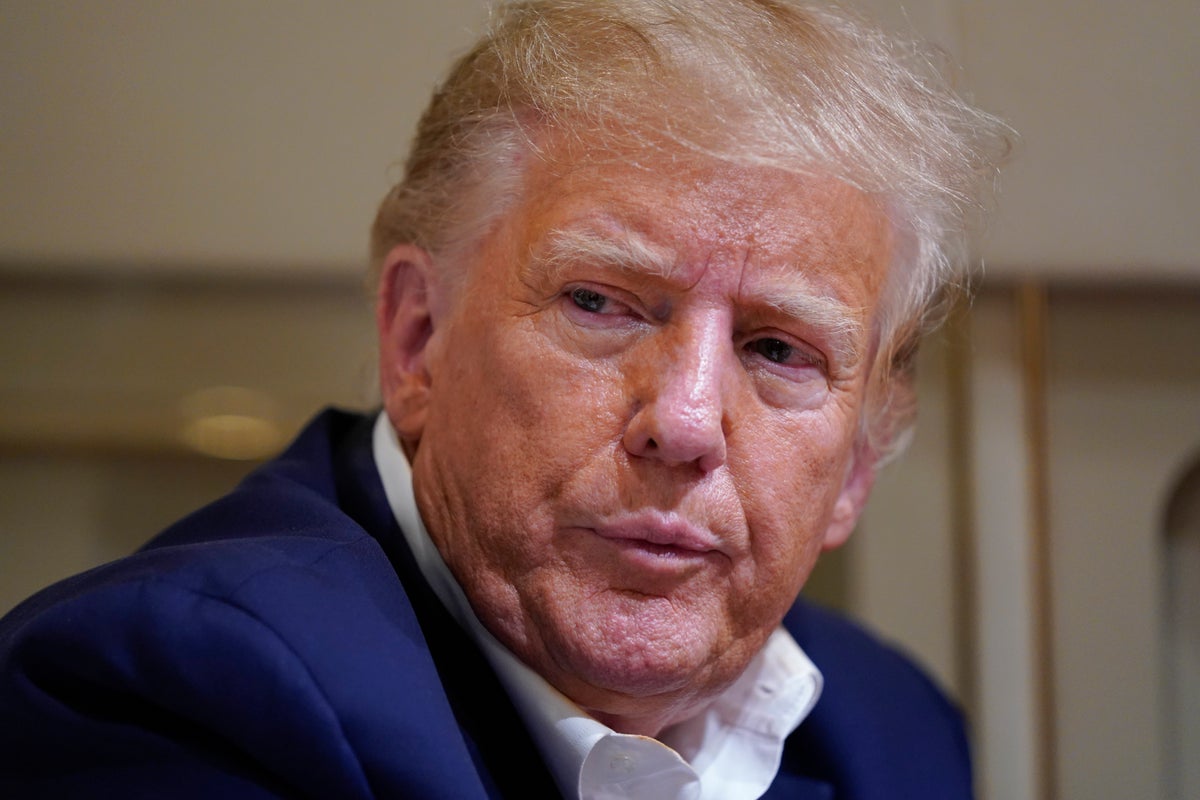
The Manhattan grand jury investigating hush money paid on Donald Trump’s behalf is scheduled to consider other matters next week before taking a previously scheduled two-week hiatus, a person familiar with the matter said Wednesday. That means a vote on whether or not to indict the former president likely wouldn't come until late April at the earliest.
The break, which was scheduled in advance when the panel was convened in January, coincides with Passover, Easter and spring break for the New York City public school system.
The person who confirmed the grand jury’s schedule was not authorized to speak publicly about secretive grand jury proceedings and did so on condition of anonymity. A message left with the district attorney’s office was not immediately returned.
The grand jury has been meeting regularly Monday and Wednesday afternoons. It met Monday and a longtime Trump friend and potential key witness in the investigation was seen leaving the building where the grand jury has been meeting. The grand jury was not scheduled to meet Wednesday.
News earlier this month that Trump had been invited to appear before the grand jury fueled widespread speculation that an indictment would soon be forthcoming. Trump himself added to that anticipation with a post on his social media platform saying that he expected to be arrested soon, though his representatives later said that they had not received any such indication from prosecutors.
But the district attorney's office has made no public statements on the timing of any possible indictments, continuing its work in secret over the last two weeks. On March 20, the grand jury heard from a witness favorable to Trump.
People familiar with how grand jury processes typically unfold cautioned that the schedule could change and that prosecutors could still ask jurors to consider charges or vote on an indictment on one of the days they’re expected to meet on other matters.
Few people — Manhattan District Alvin Bragg and the prosecutors in charge of the grand jury investigation — know precisely how the grand jury investigation is proceeding and at what pace. They control when witnesses are called to testify and will be the ones deciding whether, and when, to seek an indictment.
Since Trump’s March 18 post, authorities ratcheted up security, deploying additional police officers, lining the streets around the courthouse with barricades and dispatching bomb-sniffing dogs.
They’ve also had to respond to myriad threats, including bomb and death threats, a suspicious powder scare and a protester who was arrested Tuesday after witnesses say she pulling a knife on passersby outside the courthouse.







